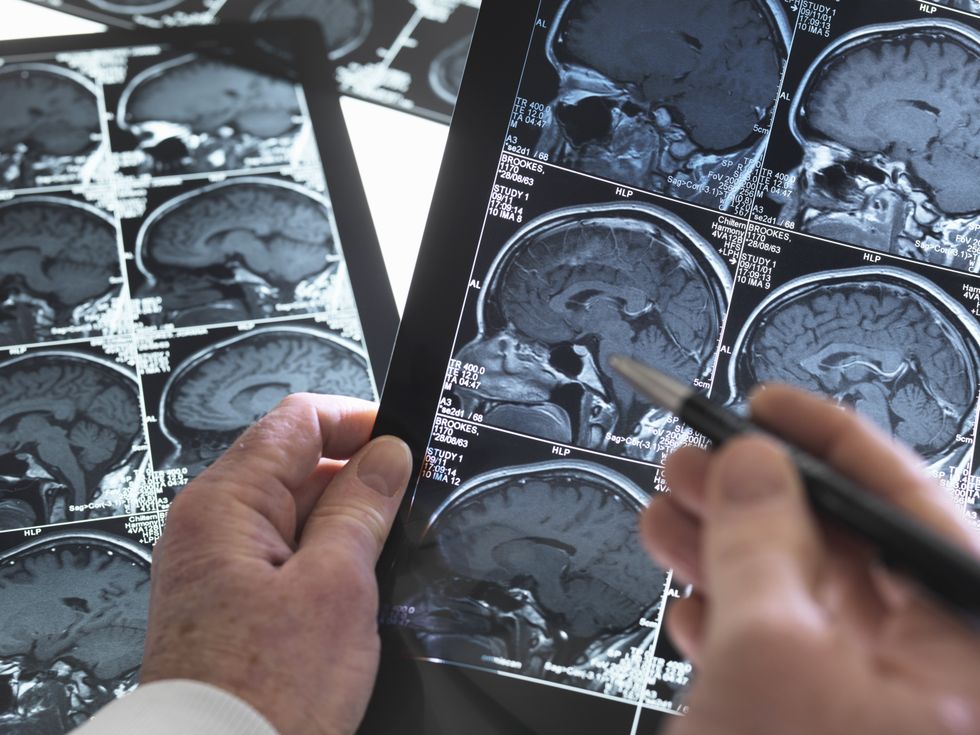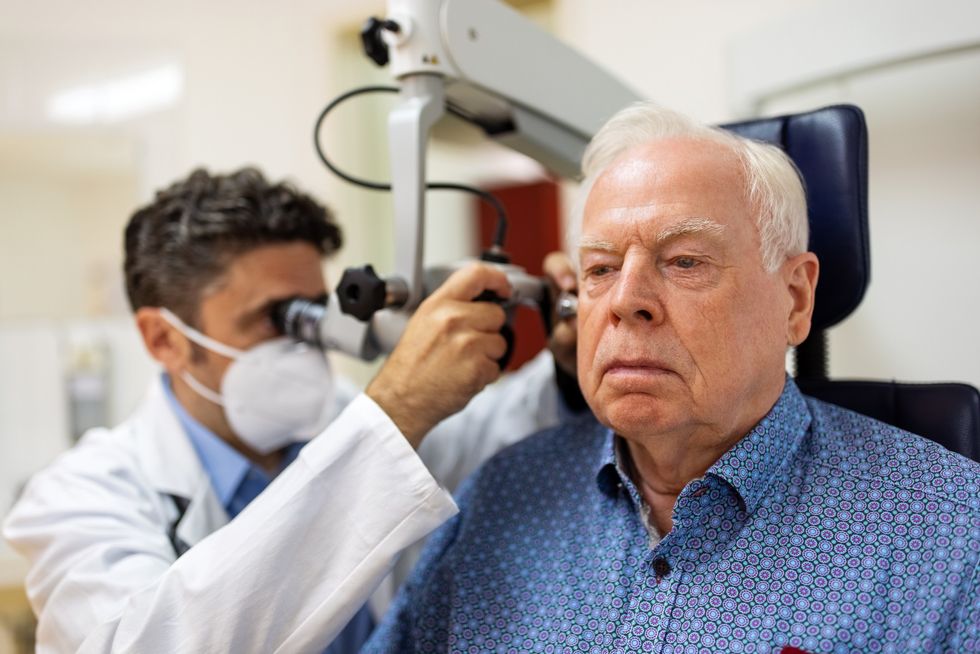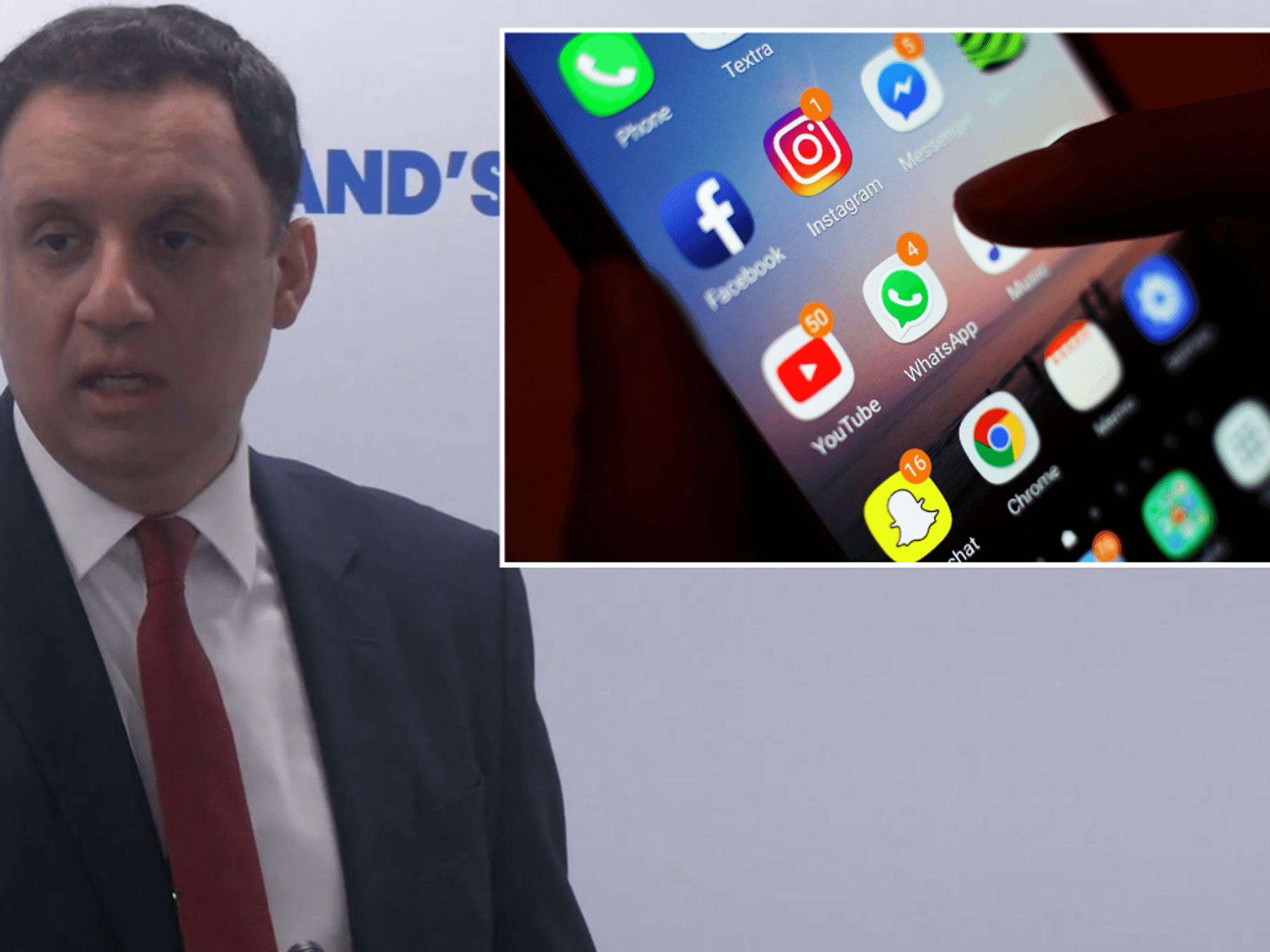'I'm a neurologist and I avoid a popular self-care habit that can trigger strokes'

Massage devices pose a threat to the carotid and vertebral arteries located in the neck
Don't Miss
Most Read
Latest
A University of Michigan neurologist has sparked widespread concern after revealing why he avoids using massage guns on his neck, citing serious stroke risks.
Dr Baibing Chen shared his medical advice with his 163,000 Instagram followers in a video that has garnered more than eight million views.
The brain specialist highlighted three everyday activities he shuns to safeguard his neurological health.
Beyond the massage gun warning, he cautioned against suppressing sneezes and exposing oneself to excessive volume through headphones.

Dr Chen advised against excessive headphone volume
|GETTY
"I would never use a massage gun on my neck," Dr Chen stated in his viral post, explaining that the practice poses significant dangers to crucial blood vessels.
The neurologist explained that massage devices pose a threat to the carotid and vertebral arteries located in the neck.
These blood vessels form an essential component of the body's circulation, delivering oxygen-rich blood to the brain.
"This is because the vertebral and carotid arteries in the neck are vulnerable to damage from the repetitive shear forces from a massage gun," he elaborated.
Dr Chen further cautioned that the forceful vibrations might dislodge arterial plaques. "This can cause a clot to travel to the brain and lead to an ischemic stroke," he warned.
The medical expert also cautioned against suppressing sneezes, describing the practice as potentially catastrophic for brain health.
"This is because sneezing generates high internal pressure that's higher than car tire pressure," Dr Chen explained.
He warned that containing this force redirects pressure into vulnerable areas, potentially causing ruptured eardrums, damaged throat tissue, and air escaping into the chest cavity.
"In rare cases, the sudden spike in pressure can rupture blood vessels in the brain, leading to subarachnoid haemorrhage or intracerebral bleeding, especially in individuals with aneurysms or weakened arteries," he noted.
Additionally, Dr Chen advised against excessive headphone volume. "Loud music isn't just bad for your ears, it's actually bad for your brain as well," he stated.
The NHS reports that approximately 25 per cent of strokes in Britain result from carotid artery narrowing or obstruction.
Britain experiences over 100,000 strokes annually, equating to one incident every five minutes.
LATEST DEVELOPMENTS

Untreated hearing damage could accelerate cognitive decline
|GETTY
The neurologist highlighted that untreated hearing damage could accelerate cognitive decline.
"This is because when the brain struggles to process sound, it reallocates resources away from memory and thinking, increasing cognitive decline," he explained.
Nearly one million Britons currently live with dementia, with research indicating that individuals with unaddressed hearing difficulties face up to five times greater risk of developing the condition.
"Sounds over 85 decibels, similar to city traffic, can cause damage over time, whereas exposure to 100-plus decibels, like a concert or many earbuds at max volume, can cause permanent hearing loss in as little as 15 minutes," Dr Chen advised.











